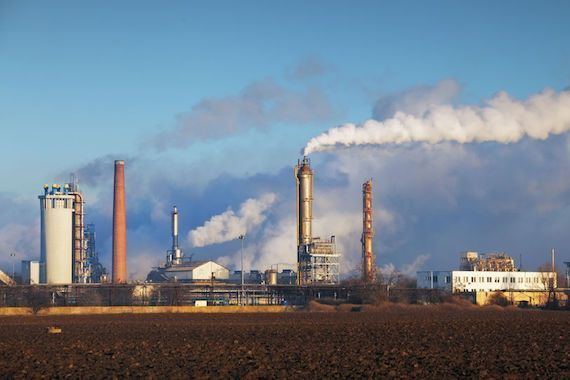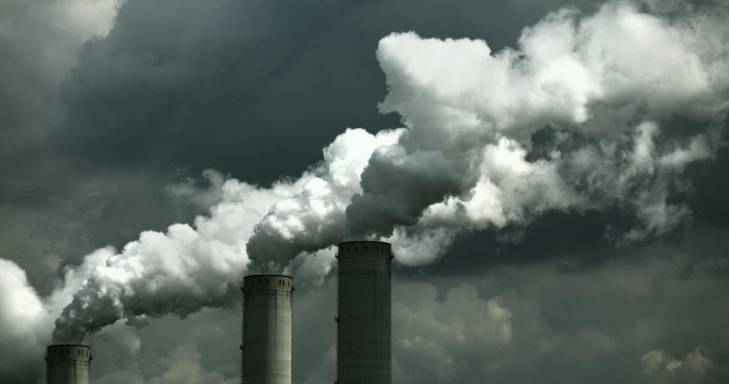Canada’s strategy to meet its greenhouse gas emissions targets is one of the worst in the G20, concludes a progress report on global climate action.
Climate Transparency, a partnership of experts from around the world, assesses the climate performance of all member countries of the Group of 20 large economies 19 countries with advanced economies plus the European Union. In its annual report released Monday, it concludes that none of these countries has anything to boast about.
G20 countries account for 85 percent of global economic activity; in 2018, they generated 80 percent of greenhouse gas emissions, which accumulate in the atmosphere and retain heat.
According to the report, about half of the G20 members are on track to meet their current emission reduction targets by 2030, but those targets are already far too timid. If each country does not radically increase its objectives, the G20 will generate more emissions worldwide in 2030 than today, the organization estimated.
Canada, South Korea and Australia are the furthest away from the emission reduction targets of the Paris Agreement commitments – and these commitments are already far from enough, the report says. Canada ranks second among G20 countries, behind Australia, in terms of per capita emissions.
Canadian reports indicate that if we stick to the existing plan, Canada will miss its 2030 target of 513 million tonnes of carbon dioxide and its equivalents by about 80 million tonnes. However, according to Climate Transparency, this target should be doubled if Canada wanted to meet its commitments under the Paris Agreement.
With all of the current G20 targets, the world is expected to warm by 3 degrees Celsius by the end of the century. However, from 1.5 degrees Celsius, there is “an increasing risk that we will cross a critical tipping point, from which the system on Earth will undergo major and largely irreversible changes”, believe the scientists.
With warming of 3 degrees Celsius rather than 1.5 degrees Celsius, critical water shortages will be five times greater in the G20 countries, the report said. In addition, the average number of days above 35 degrees Celsius will exceed 50 each year, compared to 30 days if the planet warmed by 1.5 degrees Celsius. The extreme climate, including that caused by climate change, already kills 16,000 people a year in the G20 countries and costs more than US $ 142 billion.
Trans Mountain
The report also commends Canada for imposing a national carbon price earlier this year and for having implemented more rigorous environmental analyzes for major projects such as oil and mineral development. But he deplored the Liberal government’s decision to approve the expansion of the Trans Mountain pipeline for a second time in June, just days after Parliament voted in favor of a Liberal motion declaring “climate emergency”.
The report says that Canada is among the world leaders in the abandonment of coal, but lags behind on several fronts, including energy consumption and emissions from cars and buildings.
According to the report, Canada emits four times more per person in transportation than the average in the G20 countries and more than twice in buildings. The Canadian economy is the third most energy-consuming and energy consumption in Canada has remained stable over the past five years, while declining across the G20.
“Climate action” was a key element in the recent federal election campaign. Four of the five parties that elected MPs – with the exception of the Conservatives – have committed to do more to reduce emissions and energy consumption. This question should occupy a central place during the next parliamentary session.
Prime Minister Justin Trudeau has promised to do better than Canada’s current commitment for 2030, but has not specified how much. He also intends to make Canada “carbon neutral” by 2050, which means that all emissions would be absorbed by nature, such as forests, or by technologies such as capture and capture systems. carbon storage.
“Climate Transparency reports that 2020 will be a critical year for climate change”, as signatories to the Paris Agreement will be required to present their new national targets.



